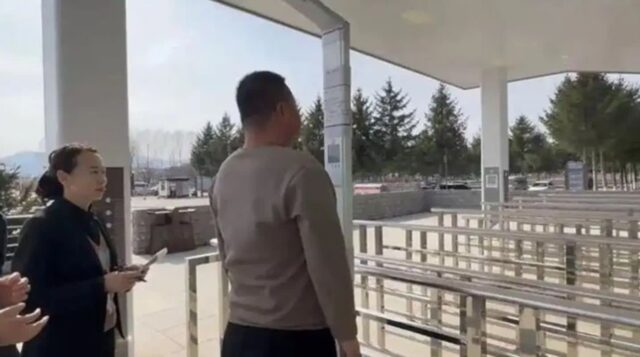
China’s securities authorities are banning the lending of restricted shares to stabilize the stock market. This strategy is interpreted as a measure to defend against a fall in stock prices by limiting short selling.
According to Reuters and the Nihon Keizai Shimbun, on the 28th, the China Securities Regulatory Commission (CSRC) announced on its WeChat social media account that it would implement this measure starting on the 29th. Restricted shares are often provided to corporate employees or investors with a specific trading limit. However, they can be lent to others for trading purposes like short selling, exacerbating market pressure when the stock market is in a long-term slump.
Since August last year, China has been limiting the sale of shares held by major shareholders or strategic investors of listed companies as part of its stock price-protecting measures. However, it is interpreted that as the recent stock price slump continues, financial authorities have taken drastic measures to ban the lending of restricted shares completely.
The CSRC also announced that it would limit some stock lending in the stock refinancing market starting March 18th. Stock lending services are where investors owning shares lend the shares and receive a lending fee. The lent shares are used for short selling or institutional supply.
The CSRC’s announcement on the day is analyzed as a desperate measure to revive investor sentiment. On the 24th, the People’s Bank of China announced a large-scale stock market stimulus measure to provide about 1 trillion yuan (approximately $139 billion) in long-term liquidity starting February 5th. However, the market’s reaction was lukewarm. The Chinese stock market fell 13% last year, and the decline is widening this year due to foreign selling, a deepening real estate crisis, and an unstable economic recovery.










Most Commented